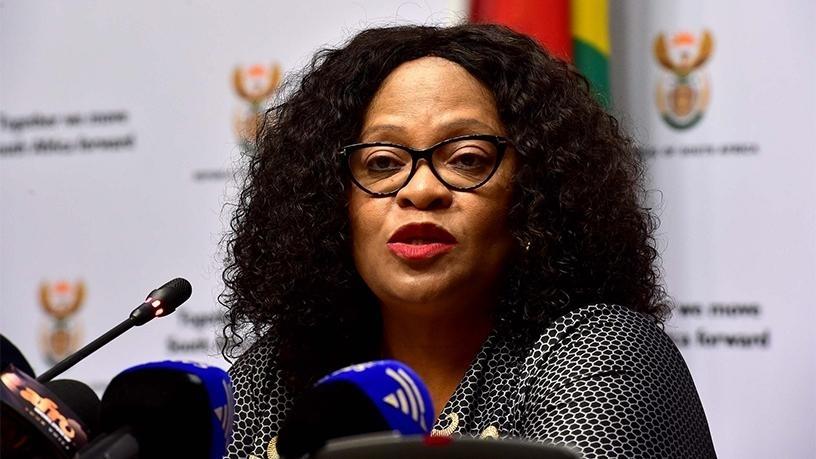
South Africa will complete the analogue switch-off by July 2020, with the Free State being the first province to migrate to digital terrestrial television (DTT) by 31 December 2018.
This was revealed this morning by minister in the Department of Communications (DOC), Nomvula Mokonyane, at a media engagement in Hatfield, Pretoria.
The objective of the meeting was to unpack the revised delivery model of the Broadcasting Digital Migration programme approved by Cabinet a fortnight ago.
SA missed the June 2015 deadline set by the International Telecommunication Union (ITU) for countries to complete the full switch from analogue to DTT. The ITU has called on nations to migrate to digital to allow radio frequency spectrum to be freed up for mobile broadband services.
The country's migration date has been moved numerous times, and June 2019 was previously touted as the deadline.
In light of the revised digital migration delivery model, Mokonyane said the projection is now July 2020, at "the latest", and the department will follow a phased approach.
"However, we will work harder to do it earlier if it's possible. While the projection is 2020, if you have diverse interventions and different solutions, we can be in a position to accelerate. All of us have agreed on this timeline, notwithstanding the possibility of completing before that particular date.
"We can also confirm the Free State province will be the first to be switched off on the 31st of December 2018. Next week, the provincial government of the Free State is hosting a joint DTT colloquium with the department and other stakeholders, to guide the province and unlock the opportunities within the project to benefit the people of the province."
Mokonyane noted the project has bedevilled government for the last 10 years.
She explained that during the DOC's budget vote speech, the department committed to getting the project back on track so that SA can join neighbouring countries like Zambia, Kenya, Rwanda and Malawi.
"As we all are aware, the ITU deadline for the protection of analogue systems against interference lapsed in June 2015. SA's broadcasting system is not protected. We dare not linger any longer, particularly if we want to lead the continent and be a gateway to Africa."
We also have to appreciate all the efforts that have been made, as well as acknowledge there has never been a once-off intervention of digital migration that is perfect from inception to completion, she added.
"This is a complex project that does not only transcend the role of a single department or entity, but it requires closer collaboration within and across government and the private sector.
"We continue to say it is not government's responsibility only, but it is government's role to create an enabling environment so that together we can be in a position to deal with this project that has bedevilled our country over the years."
Mokonyane also noted that after the Free State, the next provinces on the timeline will be Northern Cape and North West, whose DTT projects will run concurrently. "We earmark to finish migration in these provinces by 31 March 2019.
"There have been some suggestions that we should look into the possibility of switching off metros and other urban areas so that we can immediately release high-demand spectrum. While there is merit in doing so, the work done by Sentech and CSIR red-flagged the risks of doing so."
New migration model
Mashilo Boloka, the DOC's acting director-general, said as a result of all the delays in the implementation of the much-awaited project, it was necessary to change the delivery model.
The delays have serious implications for government, the industry as well as the public, he said. "For any project, the longer the delays the more costly it becomes."
Boloka said with the recently scrapped model, which entailed the procurement of set-top boxes, transportation, warehousing and installation of devices, government was spending a lot of money and a lot more would be needed if it were to continue.
Explaining how the revised digital migration delivery will work, he said the retail or market approach is based on a voucher being issued to every qualifying household.
However, the department is still to flesh out the monetary value of the vouchers that will be given to citizens.
"It is up to the consumer to decide where they are going to exchange the voucher to receive a set-top box or digital TV. But, what we are also saying is that it is important to understand that set-top boxes are no longer mandatory and traditional equipment to migrate to digital TV. If you want to buy a set-top box or digital TV, you are allowed to do that."
Share